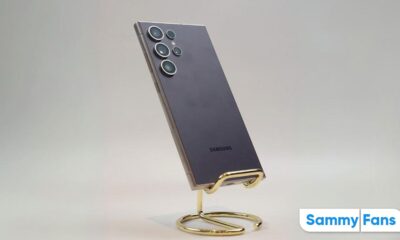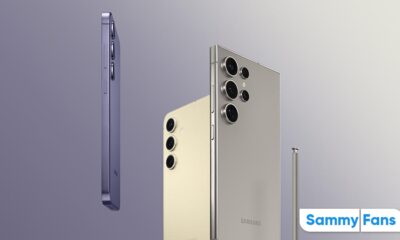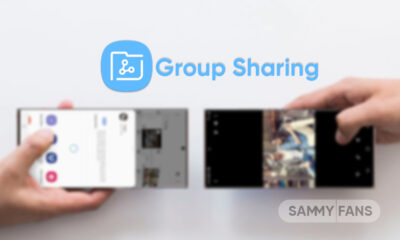News
Samsung and NAVER to develop semiconductor tailored for Hyperscale AI
Samsung announced that it is collaborating with NAVER Corporation to develop semiconductor solutions tailored for Hyperscale artificial intelligence (AI) models. NAVER Corporation is a global internet company with top-notch AI technology.
Both of these companies plan to combine semiconductor design and manufacturing prowess with proven artificial intelligence capabilities to maximize the speed and power efficiency of large-scale AI models.
Follow Sammy Fans on Google News
Thanks to Samsung’s next-generation memory technologies, Samsung and NAVER will now pool their hardware and software resources to dramatically accelerate the handling of massive AI (Hyperscale) workloads.
Join Sammy Fans on Telegram
For years, the South Korean tech giant has been debuting memory and storage that support high-speed data processing in AI applications. Now, the company will join NAVER to optimize these memory technologies in advancing large-scale AI systems.
![]()
Statements
Jinman Han, Executive Vice President of Memory Global Sales & Marketing at Samsung Electronics:
“Through our collaboration with NAVER, we will develop cutting-edge semiconductor solutions to solve the memory bottleneck in large-scale AI systems.
With tailored solutions that reflect the most pressing needs of AI service providers and users, we are committed to broadening our market-leading memory lineup including computational storage, PIM and more, to fully accommodate the ever-increasing scale of data.”
Suk Geun Chung, Head of NAVER CLOVA CIC:
“Combining our acquired knowledge and know-how from HyperCLOVA with Samsung’s semiconductor manufacturing prowess, we believe we can create an entirely new class of solutions that can better tackle the challenges of today’s AI technologies.
We look forward to broadening our AI capabilities and bolstering our edge in AI competitiveness through this strategic partnership.”
News
Samsung no longer interested in EV battery business in the US?
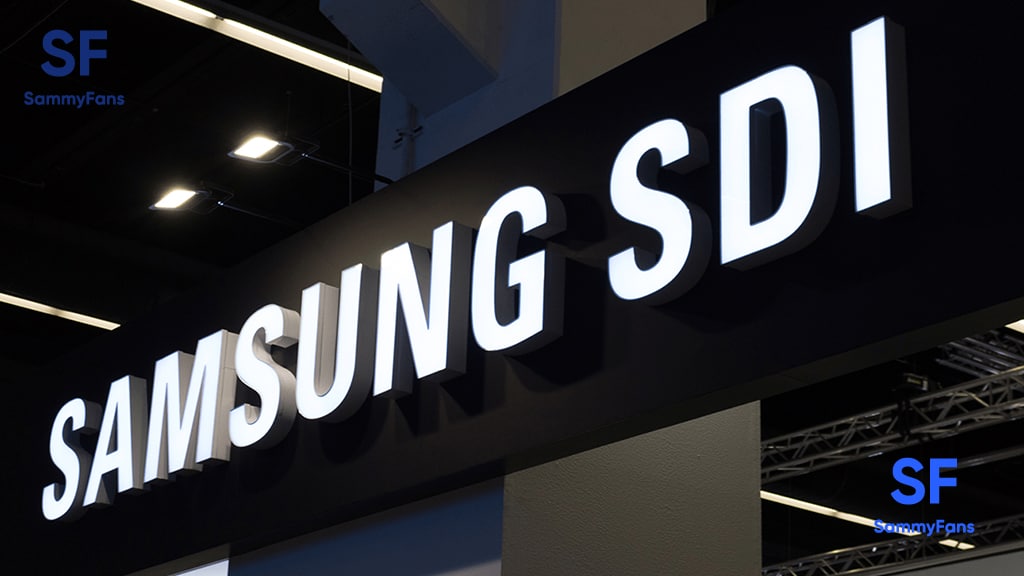
Samsung could shift its investment from the EV battery business in the US. The company plans to adjust its investment in ESS from EVs due to a sluggish market. The move comes after low demand for EVs, particularly bikes, and growing demand for ESS.
TheElec reports that Samsung eyeing the growing demand for ESS (energy storage systems) in the US. North America’s largest power company NextEra Energy could be awarding Samsung with a potential 1 trillion won ESS order.
Samsung is investing in converting its EV battery pack production line in Michigan, US. The electric bike battery pack line will be dismantled and converted for ESS use. The investment is expected to begin as early as the fourth quarter.
- The ESS battery pack line will be located in Factory 1, where a battery pack line for Harley-Davidson is currently in operation.
- Factory 2 primarily produces battery packs for Stellantis PHEVs, such as the Jeep Wrangler 4xe and Grand Cherokee 4xe.
The Korean tech giant is pursuing a 1 trillion won order for ESS batteries from NextEra Energy. The order is estimated to be around 5GWh. The company has started accelerating its penetration into the ESS market since last year with its Battery Box.
News
Samsung exploring sensor-shift OIS camera tech for Galaxy phones
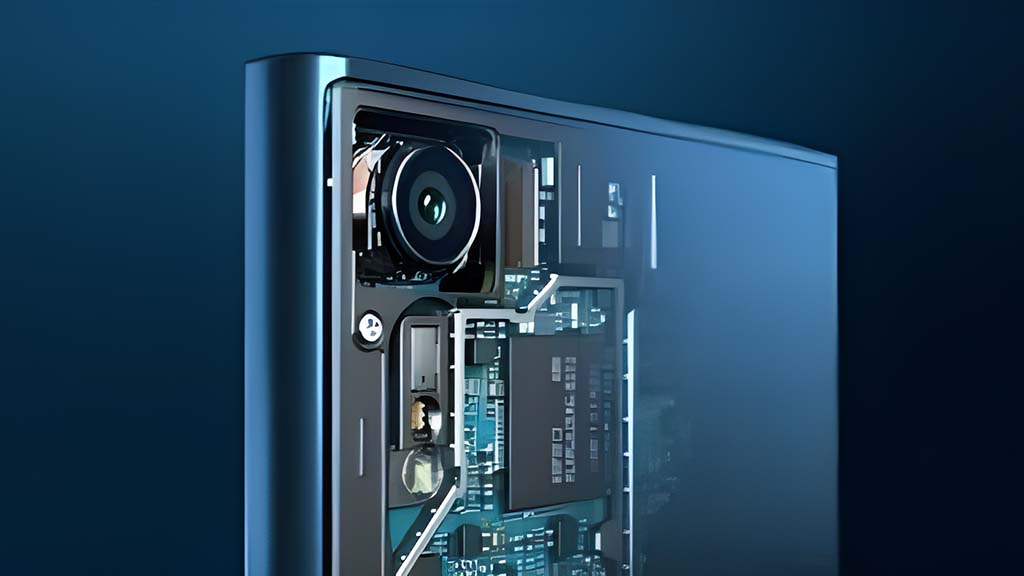
Samsung is exploring advanced sensor-shift image stabilization (OIS) camera tech for future Galaxy phones. The company recently filed a patent application related to image stabilization technology for mobile devices in South Korea.
The latest Samsung patent suggests work on the sensor-shift image stabilization (OIS) camera is underway. However, Apple iPhone-like sensor shift camera tech is far from arriving on Samsung’s Galaxy smartphones.
The patent entitled “Actuator for optical image stabilization and camera module including the same” describes how less force is required to stabilize the sensor itself. This allows for a more precise correction of the sensor position.
The patent document shows that Samsung is continuing to develop its ideas and methods for sensor-shift image stabilization. The absence of such cameras is not a sign that the company has abandoned the idea.

Samsung has been working on sensor-shift image stabilization for years. The company aims to upgrade the Galaxy camera capabilities in the future. The sensor-shift stabilization offers a sharper image by moving the camera sensor.
Previously, patents related to sensor-shift telephoto camera surfaced. However, the Korean tech giant hasn’t commercialized the technology. The patent was published recently, but doesn’t mean we will be seeing this upgrade in the Galaxy S25 series.
The development suggests that Samsung won’t include it on Galaxies till an advanced variant evolves. As the exploration continues, sensor-shift OIS feature remains in hope for the future of Galaxy smartphone segment.
News
Samsung crafting mixed-reality smart glasses with Qualcomm, Google

Samsung officially confirmed its teaming up with Qualcomm and Google for XR devices. Now, Qualcomm CEO revealed that the company is working with Samsung and Google to develop mixed-reality smart glasses.
According to the info, Samsung is working on portable mixed-reality smart glasses in collaboration with Qualcomm. Not XR headset, the company’s first extended reality product could be smart glasses with AI for new experiences.
Qualcomm CEO Cristiano Amon shared new details about Samsung’s upcoming XR product. In an interview to CNBC, Amon confirmed the collab with Samsung will result in “a new product” that offers “new experiences.”
Beyond that, he hinted that this product will likely be a pair of XR smart glasses, not a headset. Just opposite to Apple’s approach, Samsung and Qualcomm aimed to create XR smart glasses that would be portable and easy to carry around.
“I want everyone who has a phone to go buy companion glasses to go along with it,” Amon said. “We need to reach a point where wearing smart glasses feels no different from wearing regular glasses or sunglasses. Only then can we achieve true scale,” he added.
The XR smart glasses could debut later this year, featuring artificial intelligence. Samsung and Qualcomm reportedly aiming to make XR glasses mainstream, while Google could support them with optimized software.
Following the trend, the XR smart glasses could pack on-device AI capabilities. Some AI features will run directly on the device, others on the phone, and certain tasks will require cloud processing – unlocking “a whole new set of experiences.”

Nurphoto | Nurphoto | Getty Images

